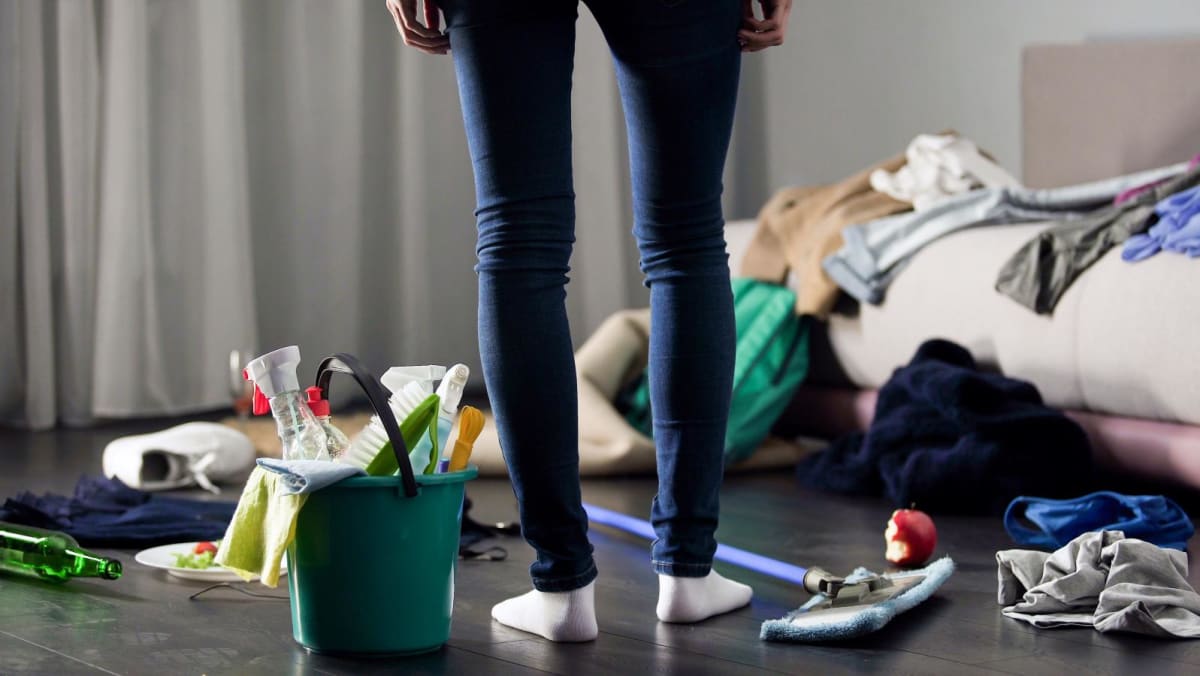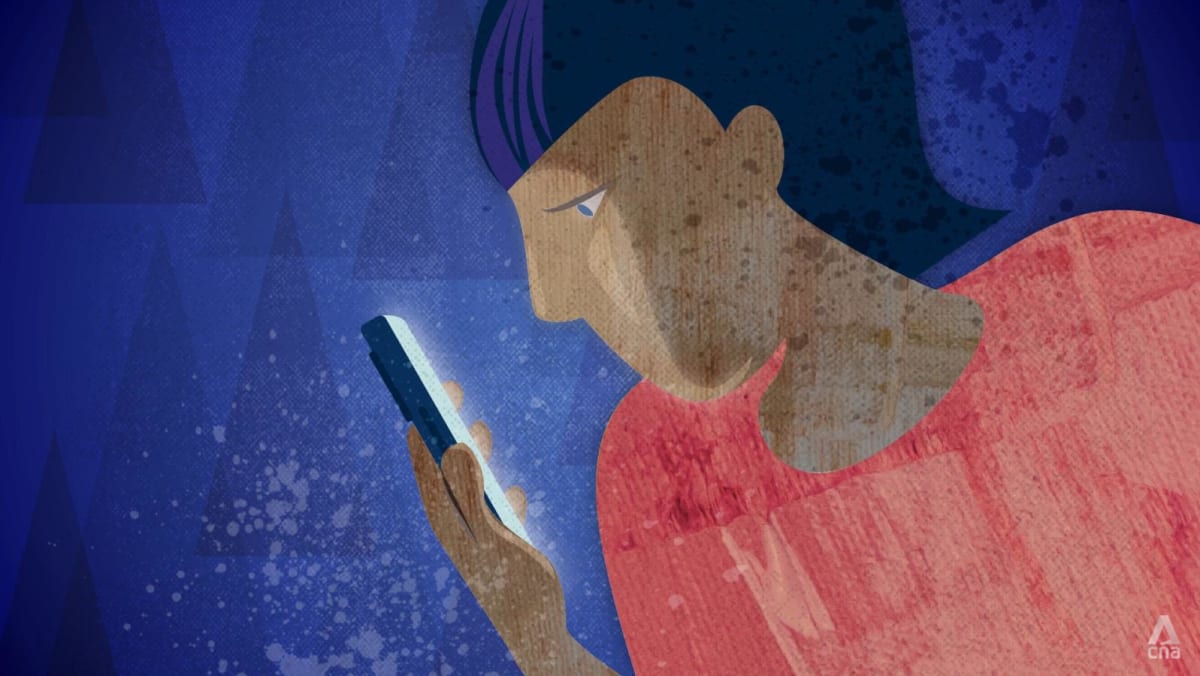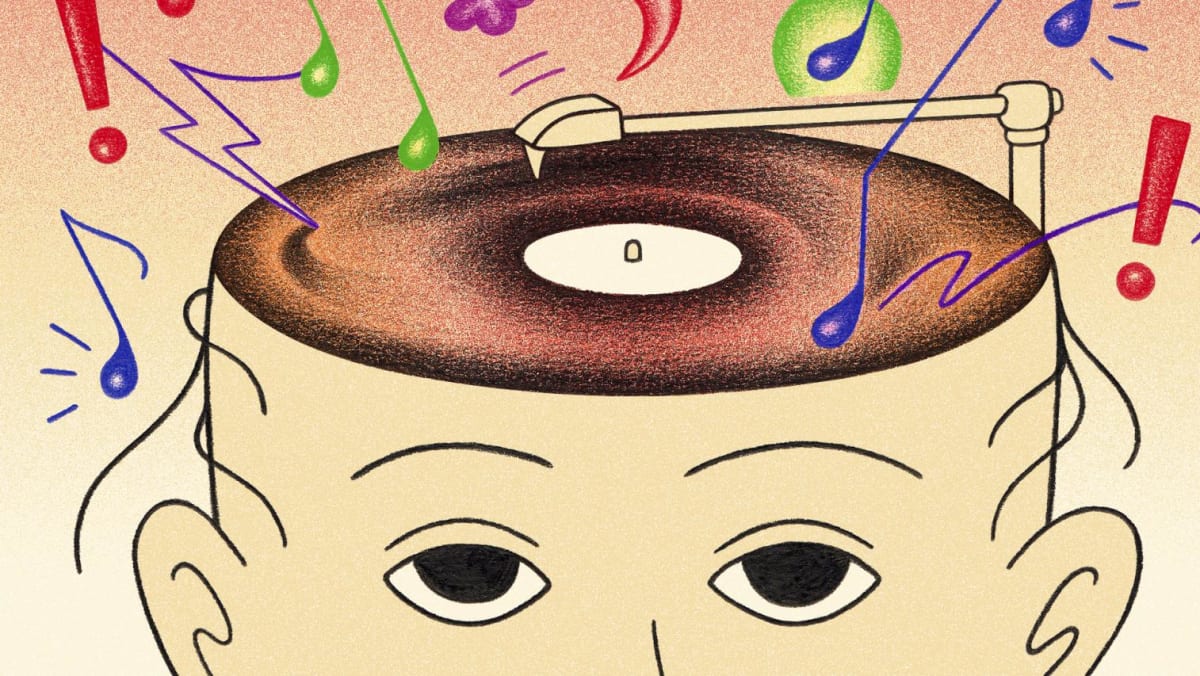CONSIDER THE DEEPER ISSUES AT PLAY
Sometimes clutter piles up because someone is unwilling to put in the effort to clean and organise. Other times, it is because they have mental or physical roadblocks, explained Michael A Tompkins, a psychologist and co-author of Digging Out: Helping Your Loved One Manage Clutter, Hoarding And Compulsive Acquiring.
Perhaps the most obvious example is hoarding disorder, but there are other links between mental health and messiness. For instance, those with attention deficit hyperactivity disorder (ADHD) or other executive functioning issues often struggle with excess clutter. In those instances, patience and understanding can go a long way, he said.
Physical limitations can also be a factor. “I’m 73, so I can speak to this personally,” Dr Tompkins said. “My ability to maintain my living environment has degraded as my physical capacity has degraded, not because I’m not still interested in keeping my living environment tidy and organised.”
He said that it is important to note any sudden or drastic changes in a person’s household cleanliness (or if they seem to be accumulating an unhealthy amount of stuff) and flag them to a primary care physician, as they can indicate an underlying health issue.
If a person is simply unwilling to compromise on clutter, that may also be cause for concern. There could be more foundational relationship problems at play.
“It’s never just about the socks,” said Kiaundra Jackson, a licensed marriage and family therapist in Los Angeles. “It’s really about poor communication skills, or other needs, or gender roles – or something way deeper.”
If one person in the household is especially rigid about clutter, that may be more about control than cleanliness, she said, and is something he or she may need to work on in individual therapy. Couples therapy or simply working with an organiser can also help you come to a better understanding if you have reached a stalemate, Jackson said.














